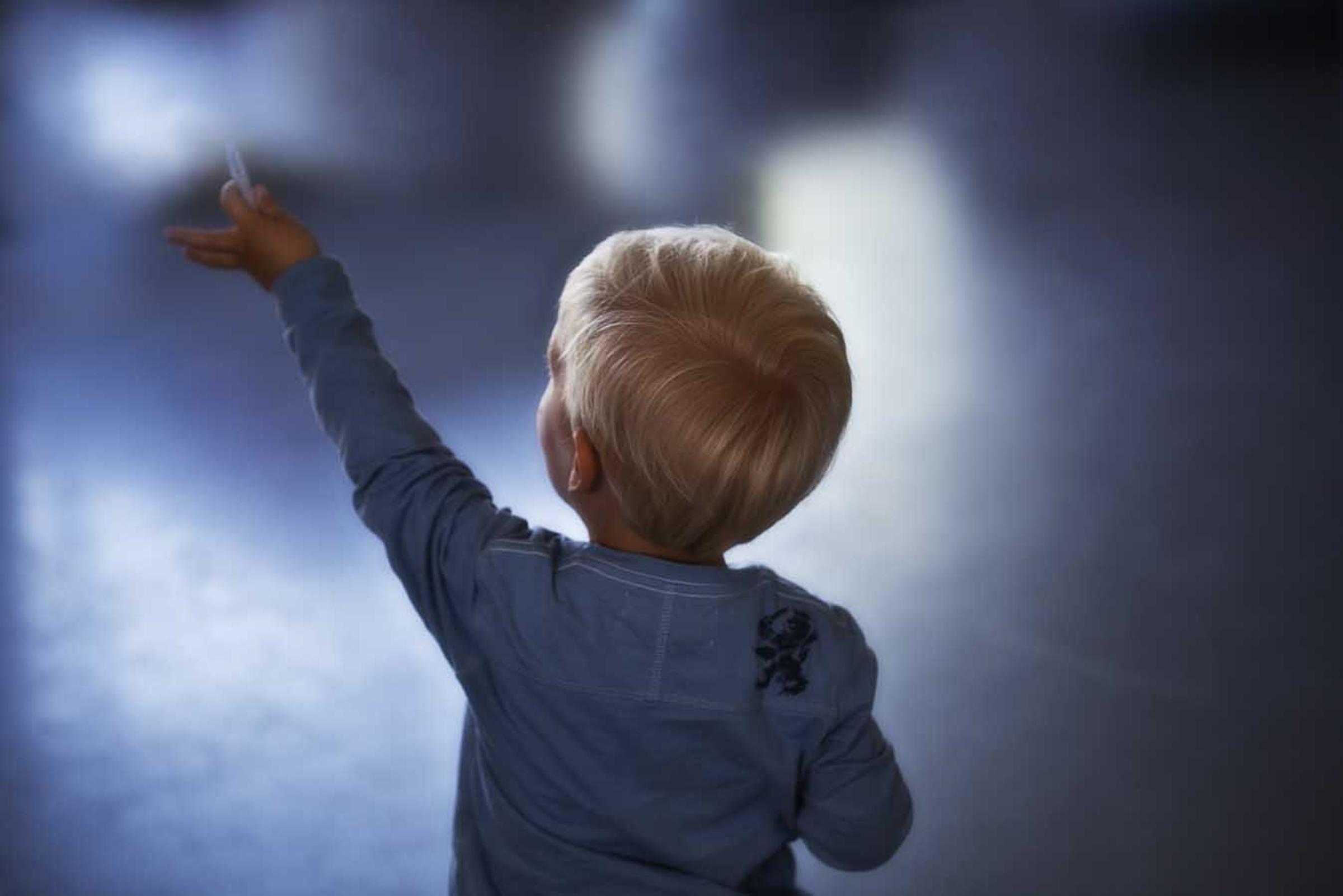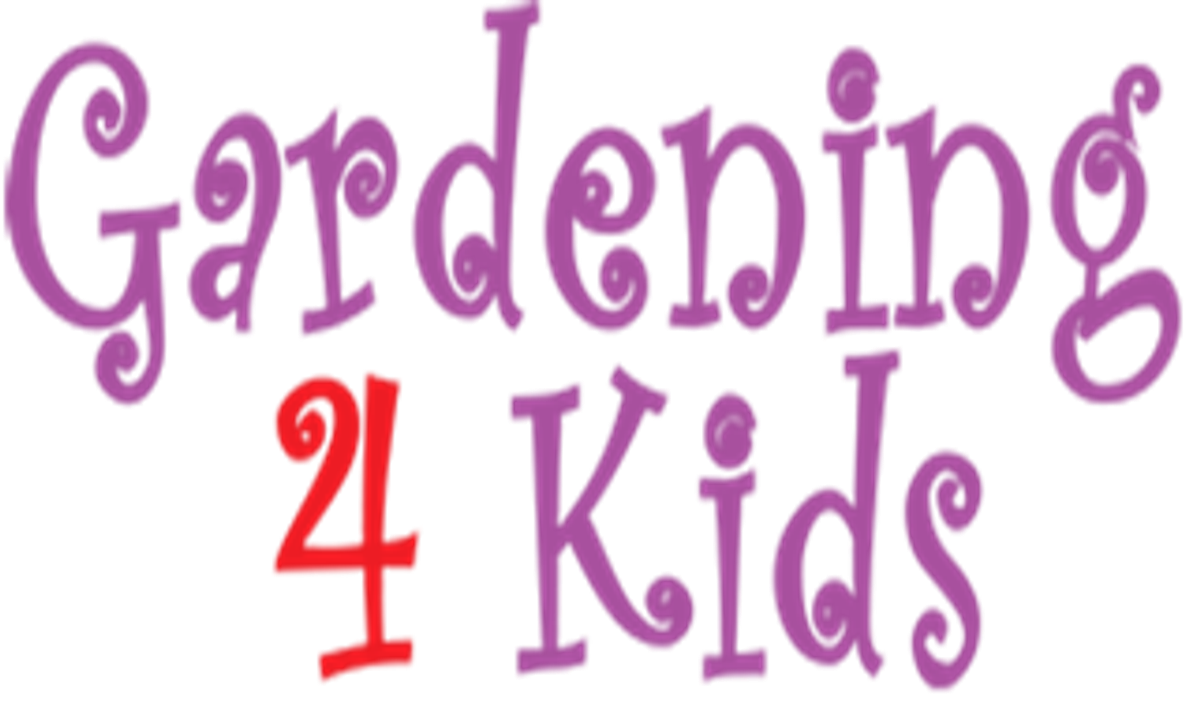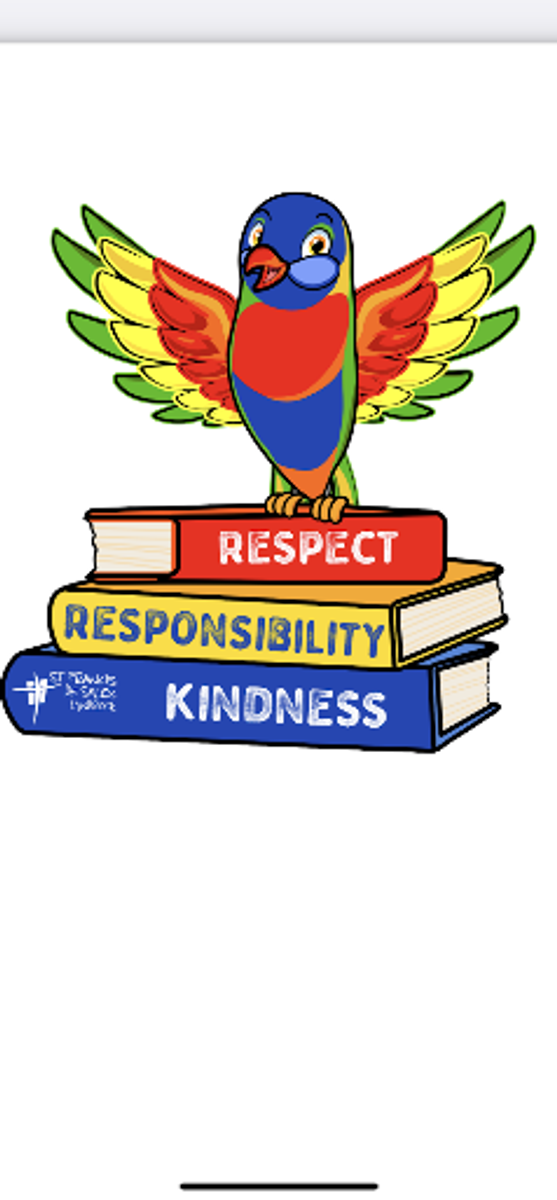Wellbeing

SFS Twilight Market and Art show
The Twilight market/art show is on Thursday 3rd November from 5 pm until 8 pm. There are a variety of stalls booked in including clothing, homeware, jewellery, some delicious food trucks and so much more. Make sure you invite your family and friends.
Only 2 weeks to go!!!!!!!!!!
Gardening 4 Kids fundraiser
We have an opportunity to raise some money for our community garden. Please read the following for more information.
What’s in it for me?
You will have access to Australia’s largest online range of quality children’s gardening gloves, tools, equipment and seed growing kits. You will be able to shop online and have your order delivered to school for collection, so you won’t pay shipping costs!
What’s in for the school? 10% of all sales will go towards our Community Garden.
To be involved simply make an online purchase from Gardening 4 Kids – www.gardening4kids.com.au between now and Tuesday 1stnd of November and use the discount code SFDS10% at checkout. This code will entitle you to zero shipping costs and the school will receive 10% of your order total.
Your order will be available for collection at the twilight market on Thursday 3rd of November. For any queries about Gardening 4 Kids products, please email info@gardening4kids.com.au
Positive Behaviours for Learning (PBL)
This term we are continuing to imbed Positive Behaviours for Learning (PBL) with the students and school community. PBL is a framework that we are using to teach the children about expected behaviours in different parts of the school. The children will have a weekly social skills lesson on a Monday identifying a specific social skill we would like the children to learn and practice around our school expectations of
RESPECT
RESPONSIBILITY and
KINDNESS
The whole school focus for this week is on the expectation of RESPOSNIBILITY in the learning spaces and “transition quietly”. The children have been making videos to show what this looks like.
Shaping children’s behaviour
The following article is taken from the “Connected Parenting” resource from the Australian Childhood Foundation.
For more information, visit bringingupgreatkids.com.au
“Children learn by watching you. Speak to children as you would like to be spoken to. Behave as you would like them to behave. Children are not born knowing what is acceptable and unacceptable behaviour. They learn by watching how you and others around them behave and how they and others are treated.
Discipline Versus Punishment
Many parents today feel they are not allowed to discipline their children. Every child needs discipline to feel safe and secure whilst learning about themselves and their world. Discipline and punishment are not the same thing. Discipline comes from the Latin word “to teach”. Punishment is reactive and focused on penalising unacceptable behaviour. Children rarely learn correct or acceptable behaviour through punishment. The aim of discipline is to help children take responsibility for their own behaviour through teaching them acceptable ways to respond to situations. As they grow, children become more self-disciplined. They understand how to behave and can control their behaviour themselves. Self-discipline develops through adults teaching and nurturing children’s confidence.
Successful discipline relies on a good relationship between you and your child and builds on your child’s wish to please you. Successful discipline involves understanding the rules and what happens when rules are broken. What about physical punishment? Successful discipline can be achieved without the use of physical punishment. Physical punishment causes pain to stop the behaviour. For example, hitting a child with a hand or object. Physical punishment does not communicate care or respect to a child. Physical punishment can undermine a child’s sense of love and security. They can often become anxious, fearful or rebellious. Physical punishment teaches children that violence can be an acceptable way to solve problems. Hitting a child does not teach acceptable ways to behave. Instead it may result in a repeat of the misbehaviour. Often children are so upset or angry after being hit, they forget why they are being punished.
Why do children misbehave?
It is often difficult for parents to understand why children continue to do things you do not want them to do. Children’s behaviour is their way of telling you how they are feeling. There could be a number of reasons for misbehaviour:
• to gain attention
• lack of skills to deal with the situation differently
• a cry for help or frustration
• misunderstanding
• unreasonable rules or expectations
• forgetting the rules or limits.
Understanding the reasons for your children’s misbehaviour will assist you in finding ways to help them behave differently.
Limit Setting
Children need limits. They need safe rules within which they can make choices, have responsibility and experience success. Limits must be clear and consistent! Inconsistency leaves children uncertain about what they can and cannot do. Set simple rules for everyone to follow and give reasons for these. Be aware of your reasons for setting the limit and make sure they are reasonable. Constantly remind children of the rules and limits. Consequences for breaking rules should: • happen as soon as possible
• be short or they will lose their meaning
• be linked to the original problem
• always be safe and respectful of a child
Be firm but fair.
You can help your children by:
• Listening to them and keeping lines of communication open
• Acknowledging their feelings
• Being consistent
• Making sure your expectations are realistic
• Giving them your time and attention
• Encouraging their own problem solving
• Praising them for good behaviour. Remember: • All children are different and may require different parenting approaches.
• No approach will work all the time! Be creative.
• Parenting styles must change and grow with the age, abilities and needs of a child.”
If you have any questions or concerns about the wellbeing of your child please do not hesitate to contact me rlenko@sfslynbrook.catholic.edu.au
Rachel Lenko
Student Wellbeing Leader




